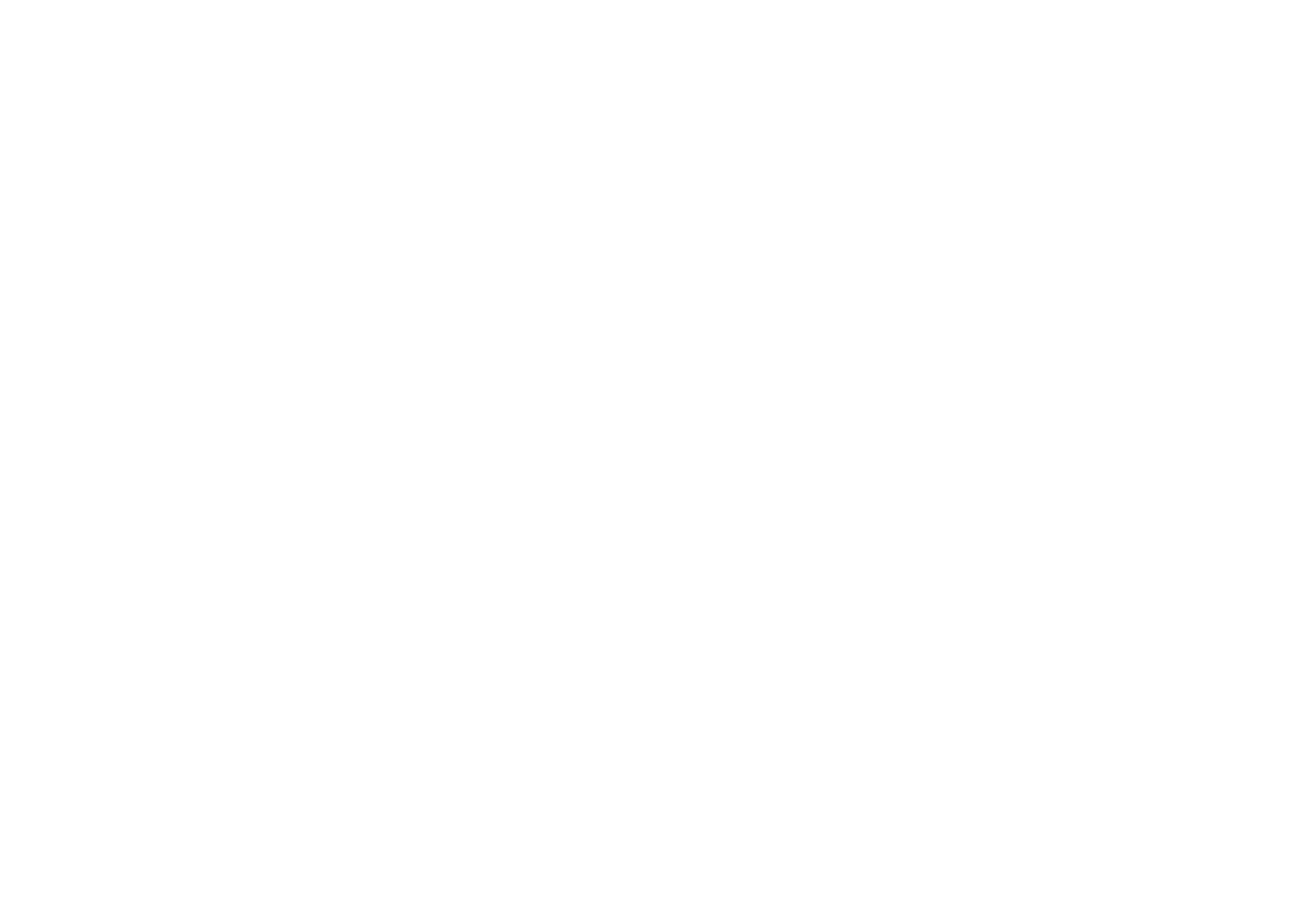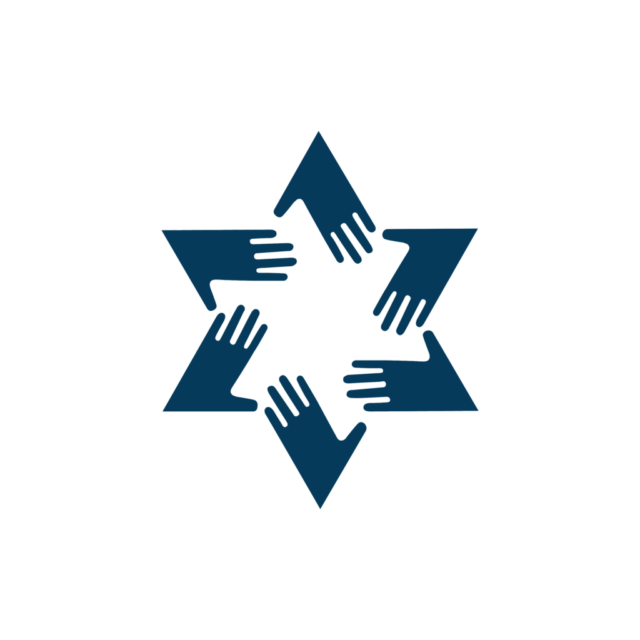The Israel themed HHD Schmooze Room before Kol Nidre transported us to Israel on Yom Kippur. Yom Kippur is a unique day in Israel – the only day of the year that the airport is closed.
Israel Engagement Committee co-chairs, Marla Gamoran and Ron Meador, asked friends living in Israel to share an Israeli Yom Kippur reflection to launch our community conversation.
The responses were so moving that we wanted to share them with the whole TST family.
From Yaron Shavit
Member of Kehilat Mevasseret Tzion (Kamatz) and a lay leader in the Israeli Movement for Progressive Judaism
It is interesting that you bring up Yom Kippur as we in Israel are about to enter our next lock down. (From the lack of leadership of the government – it seems like it will be a breakdown rather than a lock down).
I opened by saying “interesting”, since Yom Kippur in Israel is the very unique feeling of silence and everything coming to a halt. No sounds of cars on the road. We live above route number 1 the highway to Jerusalem from TLV and it is always noisy, on Yom Kippur eve, at around 5:30-6:00pm, it becomes deserted, the town roads and streets have no car traffic and are filled with hundreds of children all ages mostly on bicycle but by 2 pair of wheels will be welcomed. People all walk on the roads the traffic lights keep on changing but for no one…
Its like someone pulled the Handbrake of a car … and that same strange feeling was also there during the first stage of the lock down.
How will this year Yom Kippur be? How will it feel not to be ending Neilah with hundreds of people singing Hatikvah together ? I don’t know, strange for sure and let’s hope the coming Yom Kippur experience will be remembered as three: the first, the last, and one too many.
From Nancy Kalev
A long time friend of Ron Meador who lives in Hod HaSharon – her reflection took us back to Yom Kippur in 1973
Yom Kippur in Israel: no cars, no radio, no phones.
On Yom Kippur in 1973, in the morning we suddenly saw lots of vehicles in the streets which is unusual since the streets in Yom Kippur are empty – no cars at all.
A few hours later my parents, Tehila and Amos, showed up at our apartment to tell us what they had seen – forces getting ready in a big parking lot. They understood something was going on and came to let us know. We decided to turn on the radio, and by 2:00pm it was clear that war had broken out.
About Nancy, Ron shared that when he visited Israel during the Gulf War, ostensibly to attend a sports medicine conference, she became his “Israeli Mom,” and especially during the time of war, made sure that he was safe and accounted for no matter where he ventured in Israel. Whenever Ron and Nancy correspond, he always signs his letters 007 because every time he checked into a hotel, which could be literally in the middle of nowhere, Nancy had somehow tracked him and always had him upgraded. It became a joke between these two friends, that when Ron would walk into any hotel in Israel and just say “I’m Ron Meador, I’m here for the Nancy Kalev upgrade!”
From Kyra Sarner Levin
A Tel Aviv resident and old friend of Marla
What a thought provoking email. When I first read it, I thought who has time or place for Yom Kippur this year? Yom Kippur?? That’s a million years away.
And yet, just thinking about it made me realize how deeply I will miss Yom Kippur this year.
As a non-observant Jew, living in Israel, Yom Kippur has always been a very special day. Free of need to worry about food and religious observance, Yom Kippur has always been a day of reflection and quality time with family and community. Not being able to travel, one must make a choice ahead of time with whom to spend this special and intimate day. I will miss this dearly this year, as our grandchildren (those who live in Israel but in another city) will not be with us due both to their quarantine and to the lockdown. All year, the children have been asking Saba (grandpa) – when is Yom Kippur? Will you take us on your bike and let us ride in the middle of the street again? Soon, soon, we have been promising, and, poof, that will be pushed off to next year. Shana Haba’ah.
For me, Rosh Hashanah is a time of reflection on personal goals and growth – what do I want to get out of this upcoming, precious year? What do I want to accomplish? And yom kippur is a day of reflection on family friends and community – relationships, those we are intimate enough with to share the day with, those we wish we could ..
From the lockdown in Israel, which starts in four hours,, wishing you a very safe, healthy and happy new year.
From Marc Kornblatt
A new immigrant and Tel Aviv resident, who is also a journalist and filmmaker
Last year, my first in Israel as an oleh chadash, I had just returned to attending High Holiday services after many years of avoiding synagogue for a variety of reasons not germaine here. Aliyah had helped me jumpstart my practice, and I emerged from the Days of Awe renewed and hopeful.
This year, I find myself slipping back toward alienation from praying in synagogue, not simply because of the lockdown imposed by the government, but by the disenchantment I feel toward religion. This has been fueled by the manner in which the ultra-orthodox have responded to the pandemic threat, defying common sense social-distancing practices in favor of insisting that praying together and celebrating as they have always done is the only choice.
This recent blog will help provide background.
From Benjy Maor
Director of Diaspora Relations at the Leo Baeck Center in Haifa and a colleague of Rabbi Ofek Meir
Having grown up in the States at a Reform temple in LA, Yom Kippur was undoubtedly the most serious day of the year. So, you could imagine many years later after making Aliyah, how surprised I was when my Israeli born and raised children declared that Yom Kippur was their absolute favorite holiday of the year. We identify and practice our Judaism here as Progressive Jews in Israel (I was a founding member of the second Reform Kibbutz in Israel, and I founded a Reform and then a Conservative synagogue in the town we live in, and I work at the Leo Baeck Education Center in Haifa). Thus, our children, as opposed to their ‘secular’ non-religious friends, joined us for Kol Nidre to pray as a family and for Ne’ilah (the Yom Kippur concluding service) to hear me blow the shofar. However, between these two spiritual experiences, like most Israeli kids, they took over the empty streets with their friends on bicycles for what felt to them like a magical 24 hours. You see, being a Jewish State, most but not all of Israel truly shuts down for Yom Kippur (as of Rosh Hashanah this year, Jews make up 74% of Israel’s 9.25 million people). If you experienced living in a city that had a total lockdown due to Covid-19, then you could say you’ve experienced something similar to the quiet, tranquil feeling of Yom Kippur in Israel.
Before Corona (B.C.), in addition to kids taking over the streets with their bicycles, in many towns and cities in Israel, parents would take the streets and walk, or stroll, to the main part of town – some to look after their kids, others to pass the time seeing friends and acquaintances. It is one of those moments when Israel the country feels like a small community – what I imagine small town America in the 1950’s or even a shtetl in Eastern Europe, would have felt like. This year of course, there will be fewer bikes and even few people leaving their homes, which I guess is the way it should be in light of our lack of control of the pandemic here in Israel.
Rabbi Ofek Meir, the Headmaster and Managing Director of the Leo Baeck Education Center where I work, shared some very meaningful thoughts about Yom Kippur this year. Ofek reminded us of a midrash in the Talmud stating that since the destruction of the Temple (some 2,000 years ago), the gates of prayer are closed. How disparaging and discouraging is this to the spirit of humankind wishing to find meaning during the High Holidays and especially Yom Kippur, But, the midrash continues – and even though the gates of prayer are closed, the gates of tears are still open (Babylonian Talmud, Berachot 32A). Only the tears of the weak, the stranger and the oppressed have the power, the magic key if you will, to unlock the locked gates to the heavens. Thus, the role of prayer on Yom Kippur is to open all our hearts to hear the cry of our neighbor, to be sensitive and attentive to others.
This story about Rabbi Dr. Leo Baeck at the end of World War II demonstrates how to be sensitive to the tears of others. When the Theresienstadt Concentration camp was liberated by the Russians in 1945, prisoners who had Typhus demanded to be released together with the others. Rabbi Leo Baeck went back into the camp to be with them and to remind them that if they leave, all the freed prisoners will become infected and die, and this will be like a victory for the Nazis. Leo Baeck heard their tears, and stayed with them until finally they insisted he leave so as not to become himself infected. Rabbi Leo Baeck entered the gate of camp and responded to their tears with love.
Always, and especially this year with so much strife around us, may we all have the strength to enter the inner gates of our hearts to reflect, and to enter the external gates around us to show our love for others.

